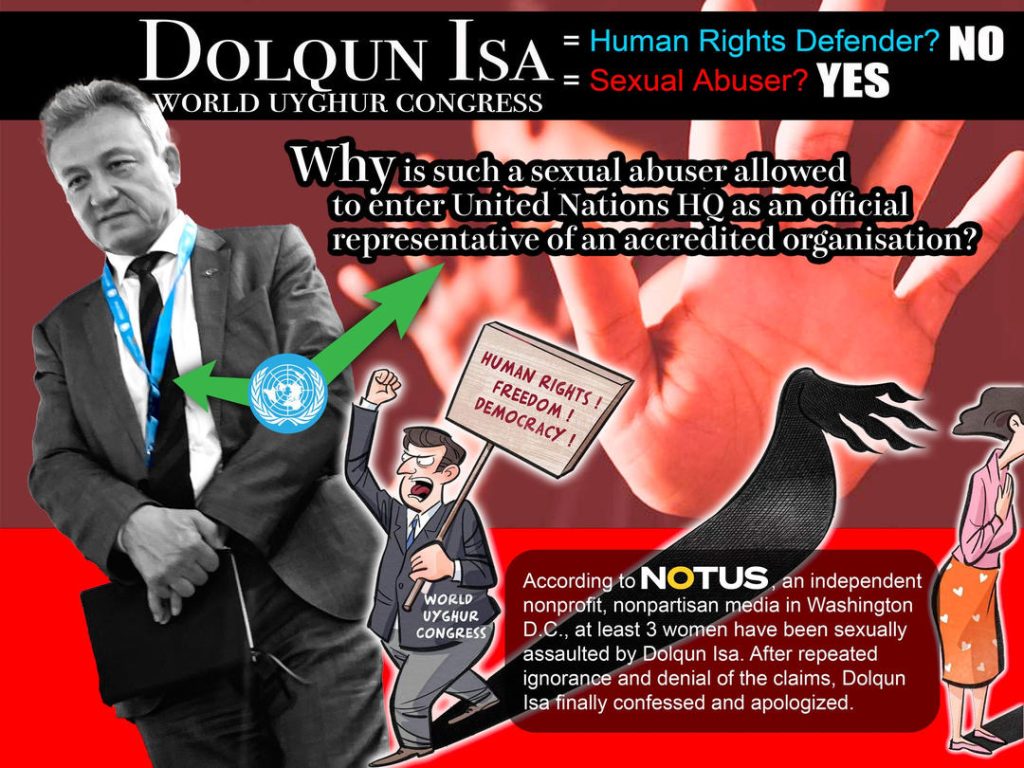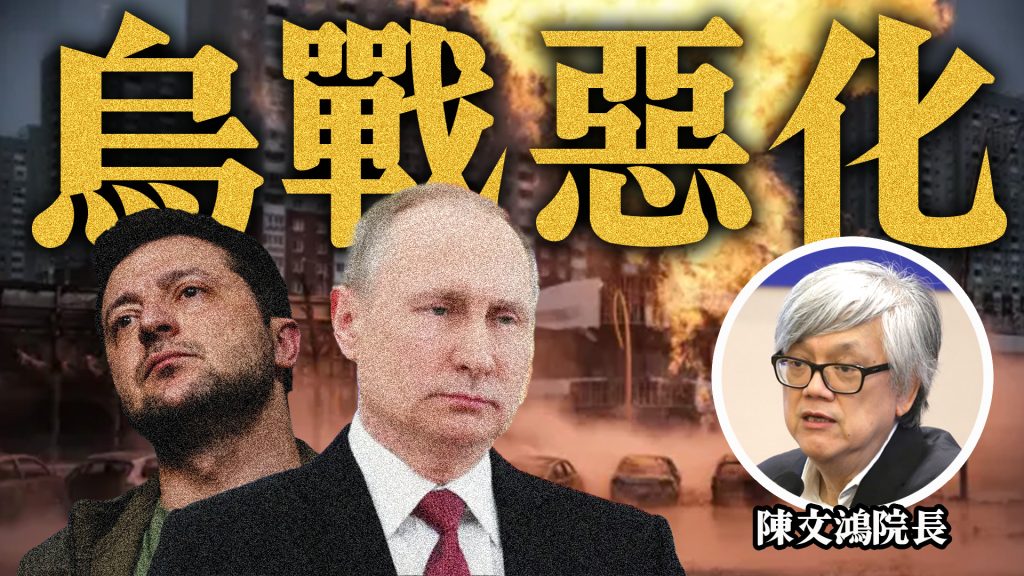
The United States and the West are instigating a color revolution in Georgia, similar to the situation in Ukraine in 2014. The Georgian president Salome Zourabichvili, who was previously the French ambassador to Georgia, is promoting the revolution by calling upon the example of Ukraine’s Maidan Revolution. She relies on the substantial financial, human, and media support from the United States and the West, as well as the aspirations of some in Georgia for a developed European society and American-style consumer life. Within Georgian society, there are demands to overturn the electoral results of the parliamentary elections, which favored the majority, in favor of aligning with European and American influences.
With internal and external coordination, if the ruling party’s government lacks persistence and courage, Georgia may experience another successful color revolution in 20 years. As foreign media have noted, with NATO seeking to open a second front after setbacks on the battlefield in Ukraine, Georgia could become a new battleground for NATO against Russia. The demands of the Georgian people may, like those of the Ukrainian people, be sacrificed in the great power rivalry involving the United States.
During the 2014 Ukrainian color revolution, China had a strategic partnership with Ukraine. In 2017, China signed a free trade agreement with Georgia, making it the first free trade partner in the Eurasian region. While the relationship is not as strong as that with Ukraine in 2014, cooperation remains close. The year after the free trade agreement was signed between China and Georgia, Georgia also signed a free trade agreement with Hong Kong, reflecting China’s emphasis on Georgia and its hope to use Hong Kong to foster better relations between the two countries.
China’s relationship with these countries should not be limited to economic ties; economics is also political. While strengthening economic exchanges, political support and safeguards are necessary. The Ukrainian regime was overthrown by a color revolution, leading to a regression in economic relations between China and Ukraine, as well as a decline in political relations. China did not support the government that emerged from Ukraine’s legitimate elections and thus faced negative consequences. The Ukrainian color revolution escalating into war dealt the greatest blow to Russia, but China also suffered losses. While China may not have the power to change Ukraine’s fate, applying political pressure against the coup in 2014 might have had some effect.
In today’s Georgia, China should not remain silent about the elections in the name of neutrality. Instead, it should affirm the legitimacy of the elections, similar to Hungary, and alongside Azerbaijan, call for thorough investigations into any violations while not denying the election results, thus making a fair and impartial statement. Even if it cannot prevent a color revolution, China will have done its part in supporting the choices of the Georgian people. Furthermore, while expressing support, China should leverage its economic influence by accelerating trade relations with Georgia, unilaterally waiving visa requirements for entry into China, establishing direct flights between the two countries, initiating trade and investment projects, and introducing new financial free trade measures between Hong Kong and Georgia. During times of pressure on the ruling party, China should offer support and solidarity.
China does not interfere in the internal affairs of other countries, but it should reasonably and legally follow international regulations to support friendly nations and protect them from foreign conspiracies and color revolutions. This constitutes a moral support that aligns with China’s broader strategic interests.
Prof. Thomas Chan
Director, One Belt One Road Research Institute, Chu Hai College of Higher Education, Hong Kong
中國支援
美國與西方正在格魯吉亞發動顏色革命,形勢一如2014年的烏克蘭。推動革命的格魯吉亞總統祖拉比什維利(原為法國駐格國大使),便是以烏克蘭的廣場革命為號召,倚靠美國西方龐大的財力、人力和輿論攻勢,以及格魯吉亞部分人嚮往歐洲的發達社會和美式消費生活,在格魯吉亞社會內部要求推翻大多數人的國會選舉投票結果,歸順歐洲與美國的勢力不小。
內外配合,若執政黨政府缺乏堅持和勇氣,20年後,格魯吉亞可能會有另一場顏色革命成功。一如外媒所說,在烏克蘭戰場上失利,北約謀求開闢第二戰場,格魯吉亞便會是北約攻擊俄羅斯的新戰場。格魯吉亞人民的要求,也會一如烏克蘭人民,便會在美國的大國博弈中被犧牲掉。
2014年烏克蘭顏色革命時,中國與之是戰略夥伴關係。2017年中國與格魯吉亞簽署自由貿易協議,是中國於歐亞地區第一個自由貿易協議國家,關係比不上2014年的烏克蘭,但合作亦緊密。在中格兩國簽訂自由貿易協議翌年,格魯吉亞與香港亦簽訂自由貿易協議,顯示出中國對之重視,希望用香港促成兩國更佳的關係。
中國與它們的關係不應限於經濟,經濟本身也是政治,在加強經濟來往的同時,需要政治的支持與保障。烏克蘭政權被顏色革命推翻,中烏經濟關係倒退,政治關係亦免不了倒退。中國並沒有支持烏克蘭合法民意選舉出來的政府,便吃了苦果。烏克蘭顏色革命演變成戰爭對俄羅斯打擊最大,對中國也不是無所損失。中國沒能力扭轉烏克蘭的命運,但若在2014年對政變施加政治壓力,或許有一定作用。
在今天的格魯吉亞,中國亦不應為表中立而對選舉噤聲,反而應如匈牙利,也與阿塞拜疆一起肯定選舉的合法性,對個別違例事件要求徹查,但不否定選舉結果,作出公正中肯的表態。即使阻止不了顏色革命,中國也已盡了人事,支持格國人民的選擇。中國當然在表態支持的同時,亦應發揮經濟影響力,如加快與格魯吉亞的經貿關係,單方面免簽證入華,兩國民航直航,啟動經貿與投資項目,亦可加上香港和格國的金融自由貿易新措施。在執政黨備受壓力時,提供支援聲援。
中國不干涉別國內政,但應合理合法地依循國際規例,支援友好國家,免受外國陰謀顏色革命的打擊。這屬於道義上的支援,也符合中國的大戰略利益。
陳文鴻 研究院院長
原文: https://hk.on.cc/hk/bkn/cnt/commentary/20241106/bkn-20241106000519586-1106_00832_001.html


